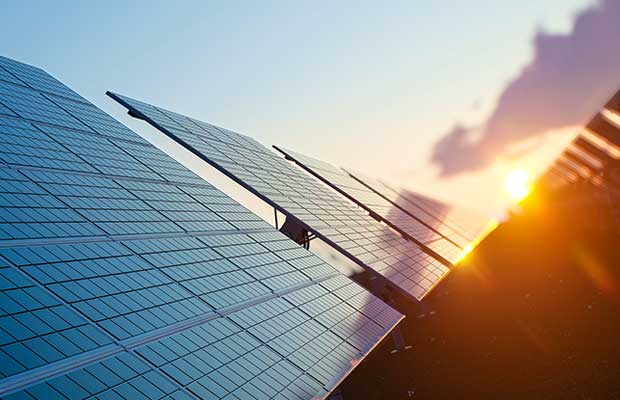With the aim to meet the rising global demand for clean fuels, Mubadala Capital energy company, Acelen has plans to invest $2.5 billion in north-eastern Brazilian state of Bahia for the next 10 years to produce renewable diesel and sustainable aviation kerosene.
Mubadala Capital is the asset management subsidiary of Mubadala Investment Company, a leading global sovereign investor based in Abu Dhabi. Acelen also owns the Mataripe refinery in Bahia, Brazil’s second-biggest and one of the oldest refineries in the country. The firm plans to start production in the first quarter of 2026, the company said in a statement.
“We will produce sustainable fuel on a global scale, inserting Brazil in the development of the international sustainable chain,” said Luiz de Mendonca, Acelen’s Chief Executive. “This will be Acelen’s first project in renewable fuels. So there is room for us to grow globally in this sector.”
“If Brazil moves forward with discussions already under way regarding incentive policies for the production and consumption of renewable fuels in the country, Acelen will be ready to act in the domestic market as well,” De Mendonca added.
This plan has come up as a part of an initial agreement signed between Acelen and the government of Bahia during the official state visit of Brazilian President Luiz Inacio Lula da Silva to the UAE.
Abdulla bin Touq, Minister of Economy, said, “The UAE’s investments in Brazil have risen to $5 bn as the Emirates continues to deepen its trade and economic with Latin America’s largest economy.”
Other major UAE companies invested in Brazil are DP World, Emirates Airline, First Abu Dhabi Bank, Yahsat and Mubadala Investment Company.
Mubadala created Acelen to operate the Mataripe Refinery and its related logistics assets. The latest clean fuel project in Bahia is expected to generate one billion litres per year. It is expected to inject 85 billion reals ($17.3 billion) into the Brazilian economy. Besides creating 90,000 jobs , it aims to reduce carbon emissions by up to 80 per cent by replacing fossil fuels, as per Acelen.
“Acelen’s energy transition story began at the very start of operations with the refurbishment of the Mataripe Refinery in Bahia and the subsequent reduction of the plant’s environmental impact,” De Mendonca said.
“We are now taking a strategic step forward in our mission to play a leading role in energy transition by implementing a unique and transformative project,” added he.
Dwelling on the project, he said that during the first stage of the project, Acelen will use soybean oil and other raw materials, in line with Brazil’s agricultural potential.
Further it said that in the second stage, expected to begin in 2025, it will use palm oil and macauba oil, a native Brazilian tree oil with high energy potential that has yet to be fully explored on a commercial scale.
An area of 200,000 hectares will be planted with priority given to degraded areas. The project will capitalise on the existing utilities in Mataripe Refinery such as tanking and logistics infrastructure. A sustainable hydrogen generation unit will be built for the fuel hydrotreatment unit and construction will begin in January, informed the firm.
It is estimated that the daily processing capacity will reach 20,000 barrels of renewable fuels, the equivalent of one billion litres per year which is enough to supply 1.1 million vehicles, pointed out Acelen.
Initially, green diesel and sustainable aviation fuel (SAF) production will target international markets, where these products are already approved for commercialisation and consumption. With this, it is estimated that SAF could contribute about 65 per cent of the reduction in emissions needed by the aviation industry to reach its goal of net-zero by 2050.
“The project will be sustainable end-to-end, integrating extensive decarbonisation throughout the entire chain, with the use of native high-energy plants and recovery of degraded areas, all the way through capturing CO2 emissions,” Acelen said.


